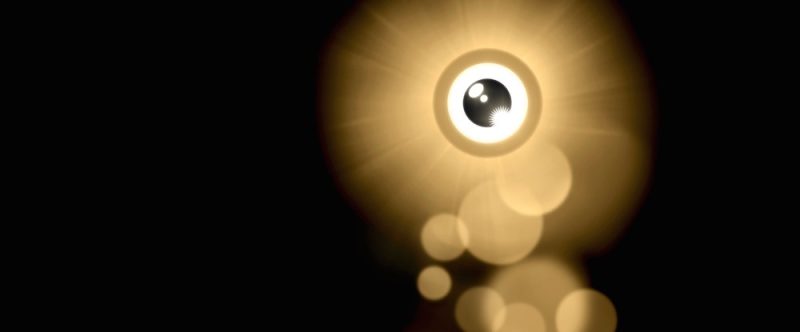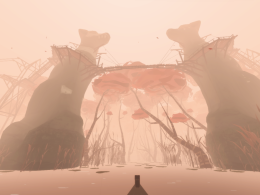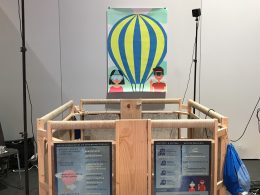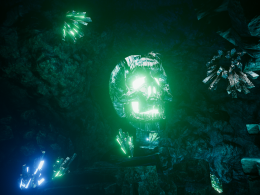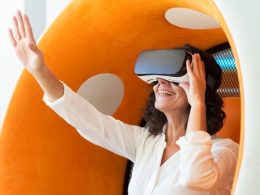The triumphal march of virtual reality continues and so VR films have a place in this year's supporting programme of the Zurich Film Festival, which is already in full swing. Why and how VR films can be brilliant, you can read here in a short plea for VR films.
In the programme of the Virtual Reality Lab the Zurich Film Festival is presenting the latest VR films this year. In three blocks, new artistic means of expression and a different approach to immersive formats can be explored. The ZFF VR Lab is a collaboration between Flux Laboratory, We Are cinema and ZFF. Admission is free, but a ticket must be purchased at the festival centre on Sechseläutenplatz before the start of the screening. The number of seats is limited. The screenings will take place from 29 September to 8 October 2017. Divided into 3 thematic areas: Real Vision, Family Affairs and Beyond Reality.
A small plea for VR films
I am convinced that VR films are unlikely to completely replace classic cinema films. As the eternal discussions in my circle of friends show - "Are we going to watch the film in 2D, 3D or even 4DX?" - there will probably always be cinema-goers who simply want to sit back and experience the film in a flat, conventional way without any interaction. And that has its justification. However, VR films offer great potential that cinema owners can use to fill their auditoriums again. After all, everyone now has a big screen at home.
I keep hearing from friends: 360-degree panoramic view on film? Then surely I'm missing out on exactly what's important in the film! In any case, the new technologies mean that filmmakers can only direct their audience's gaze to a limited extent. But perhaps that's what makes film so appealing. Just like in real life, you can miss something and discover something else instead. And how cool it is, if you like the film, to be able to experience it again from a different perspective. Approaches where you can influence the course of the film are also exciting. This will create narrative forms that differ significantly from today's cinema experience.
I have had the pleasure of experiencing several such films and my favourite is still Notes on Blindness. The VR film is a wonderful example of how film producers can guide the viewer well and also bring some interaction into the story. For example, the viewer's gaze is moved in the direction in which something important is happening by music, the voice of the speaker and sounds. Or elements are built in that you have to look at first before the film continues. Another approach assigns the viewer the role of the supporting actor, who is guided through the story by the main actor. I think there's a lot more to come.
Source: Zurich Film Festival





